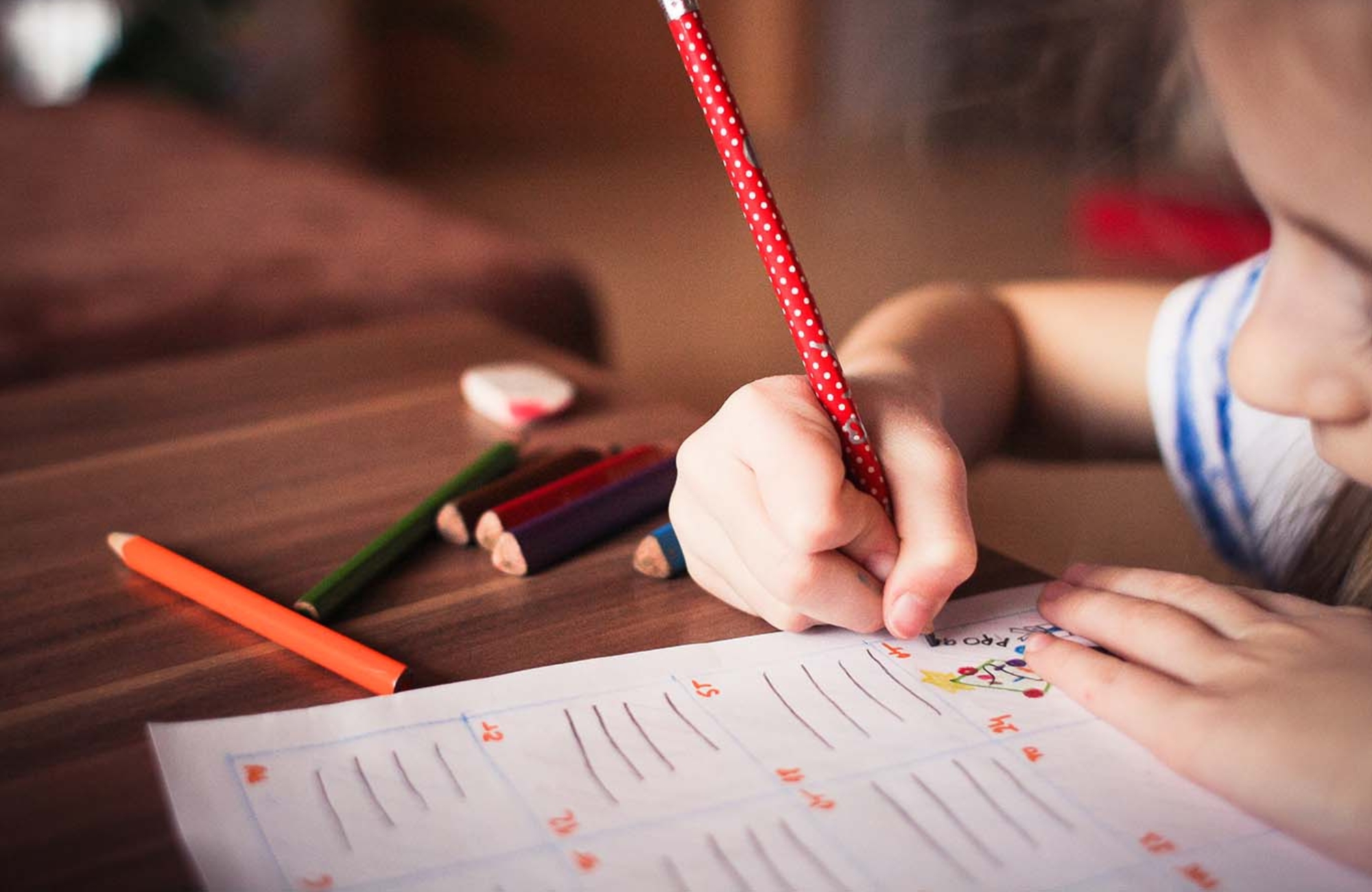Child welfare matters in court
According to the Child Welfare Act, the child's parents have primary responsibility for the child's wellbeing. The child's parent must ensure a balanced development and well-being for the child.

According to the Act on Child CustodyAvautuu uuteen välilehteen and Right of Access and Child Welfare ActAvautuu uuteen välilehteen, parents are responsible for
- wellbeing of children
- balanced development of the child
- the realisation of the rights of the child.
If there is an immediate danger or otherwise an urgent need for placement and substitute care, the child may be placed urgently in family care, institutional care or arranged in some other way.
An emergency placement is a drastic interference with fundamental human rights. The need for emergency placement may arise if
- parents are under the influence of intoxicants and are incapable of caring for their child
- there is a well-founded suspicion against the parents that they have assaulted their child, and the parents are not cooperative in investigating the matter; emergency placement is often an option in the best interests of the child
- the child acts in a self-destructive manner, uses intoxicants or commits crimes
- the parent gets sick or has had a serious accident.
Often a child is taken into care when, during an emergency placement, the child's situation does not improve so that his or her health and development can be safeguarded in his or her home.
If all parties agree that taking into care is necessary to arrange childcare, the civil servant in child welfare shall make a decision on taking into care.
However, if your guardian objects to taking into care, or if the child is over 12 years old and himself or herself objects to be taken into care, the matter will be considered in an administrative court. Decision-making in an administrative court also takes place if the guardian or child himself or herself objects to the placement location.
A matter concerning taking into care is considered in an administrative court when the child welfare authority has submitted an application for taking into care to the administrative court. In the application will be requested that the Administrative Court decide on taking into care and placement in a place for substitute care mentioned in the application.
You have the right to share your views with the court. The court, in this case the Administrative Court, first hears you and your parents in writing before making a decision on the matter.
As a child welfare client, you must always be assigned a social worker responsible for your affairs. When the Administrative Court hears you on the application for taking into care, the responsible social worker in child welfare assigned to you will notify you of the hearing documents sent by the Administrative Court. At the same time, he or she explains the content and purpose of the documents.
You can write your opinion on the matter to the Administrative Court in an informal manner. It is also the duty of the responsible social worker to help you apply for legal aid if you think that you need legal counsel to provide an answer to an administrative court. The use of a legal counsel is usually free of charge.
If the child or his or her parent indicates in his or her reply that he or she wishes an oral hearing to be held in the matter, the hearing may be conducted face-to-face. The court, in this case the administrative court, usually holds an oral hearing before deciding on the matter. Your participation in the oral hearing is voluntary.
As a rule, the hearing of a child at an oral hearing takes place in such a way that the composition of the administrative court interviews the child before the oral hearing itself. In addition to the composition of the administrative court, there are no other persons present than, possibly, the child's legal counsel. The hearing of the child shall be recorded, and the main points of the hearing shall be accounted for the hearing.

Published 21.3.2025
